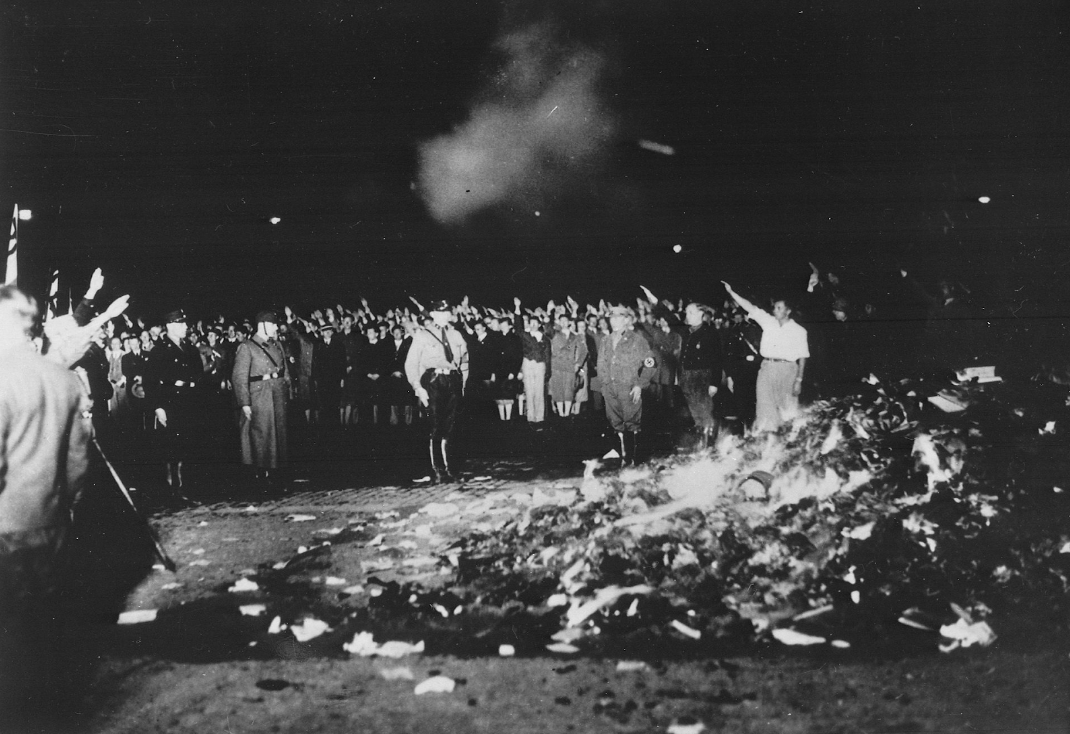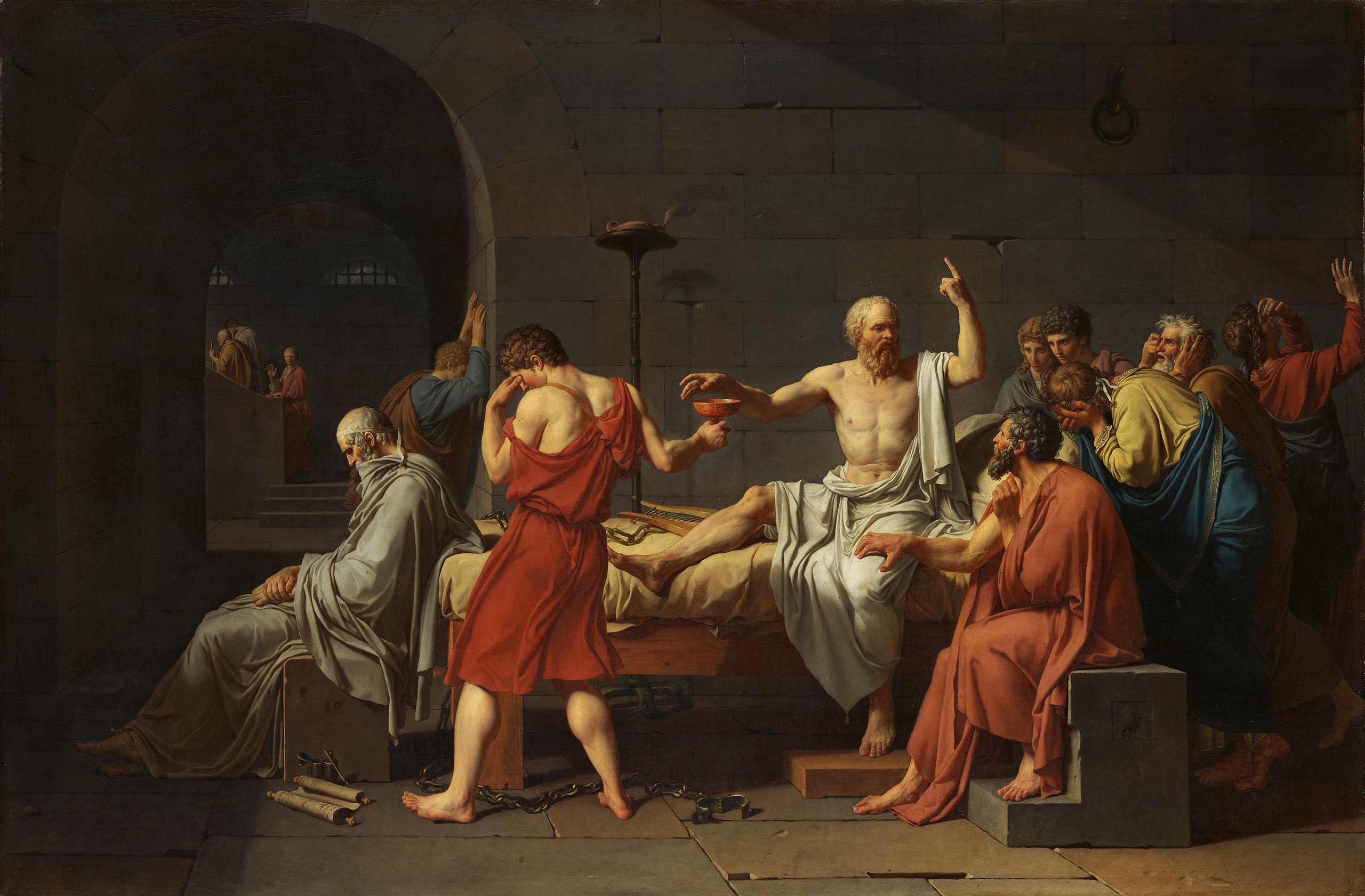How the brutal nature of the pop singer’s public legal battle will prevent other victims from coming forward
By: BRITTNEY FARROW
Opinions Editor
Rape culture is no myth, and pop singer Kesha is just another prime example of how our legal system often fails survivors.
First hitting the mainstream music scene in 2009 with her debut single “Tik Tok”, Kesha’s image and brand have always been easy to spot. With glitter on her face and feathers in her hair and lyrics which boasted about wild party scenes, it was easy to see that her record label was marketing her as popular music’s new “drunk party girl.”
At the time such a persona was appropriate for her career; it was what listeners wanted, and many other artists took on their own similar versions of that character. It is that very image, though, which is being used like a weapon against her. Like an ax cutting down a tree, that very imagine is being used to undermine her credibility.
When she first filed a lawsuit against her producer Dr. Luke in late 2014, Kesha was immediately met with skepticism by the public. She claimed that her producer sexually, emotionally and mentally abused her, and she attempted to remove herself from a contract with Sony Records that had her legally-bound to make six more albums.
While the validity of her claims will not be tested in a court setting until 2017, it was decided earlier this week by Manhattan Supreme Court Justice Shirley Kornreich that Kesha had to honor the contract she signed into at only age 18, and that she would be obligated to continue a working relationship with a man whose control sent her into a downward spiral – which included a brief trip to rehab for an eating disorder.
Despite the horrible news and the shocking verdict, many female recording artists spoke out in support of the pop star, and the hashtag “#freekesha” began circulating around social media sites.
With that being said, the turn of the case is concerning for women everywhere.
If a high-profile figure like Kesha cannot even convince a federal judge that she was a victim of abuse, then how will millions of everyday women worldwide? What does a case like this mean for rape victims? How does it change the game?
There seems to be a misconception amongst people I know personally that women can just throw around rape accusations left and right with little consequence. Furthermore, there is a common belief that the majority of rape accusations are false – the result of bitter, jaded women hoping to cause damage to a man’s reputation or to punish him for something he’s done.
If I can be so frank, this is a ridiculous thought process. Such a mentality makes the assumption that women call out their rapists or abusers and are immediately met with nothing but support, but we know that is not the case. Reporting rape or sexual assault is a long, tedious process which can be both embarrassing and incredibly degrading for women.
Regardless of what “Law and Order: Special Victims Unit” tries to make us believe, there are not a lot of Olivia Bensons circulating through police offices, cooing support and kind words to broken and scared women.
After remembering every horrific detail and gruesome memory, some women do not even have the assurance of knowing that their rapist will be convicted. This is evident in the Kesha case; two years of legal battles and a hoard of publicity and Dr. Luke keeps his job and his status as a Grammy-nominated producer, while Kesha is forced to choose between making music with a man who makes her skin crawl and ending her chosen career.
We as a society need to recognize when these injustices are happening around us. We need to be more aware of when years of carefully-crafted misogyny and rape culture are preventing the legal system from doing its job.
It may seem so minor; the legal struggles of a color-streaked pop singer may not seem like they apply to us, but they do. According to the Rape, Abuse & Incest National Network (RAINN), each year there are about 293,000 victims of sexual assault. Of those cases, 68 percent are never reported and 98 percent of all rapists will never spend a day in jail or prison. This is repulsive; we can do better – we have to do better.
Pay attention to these things; the struggles of survivors are not trivial. They matter – and they affect us more than we think.











